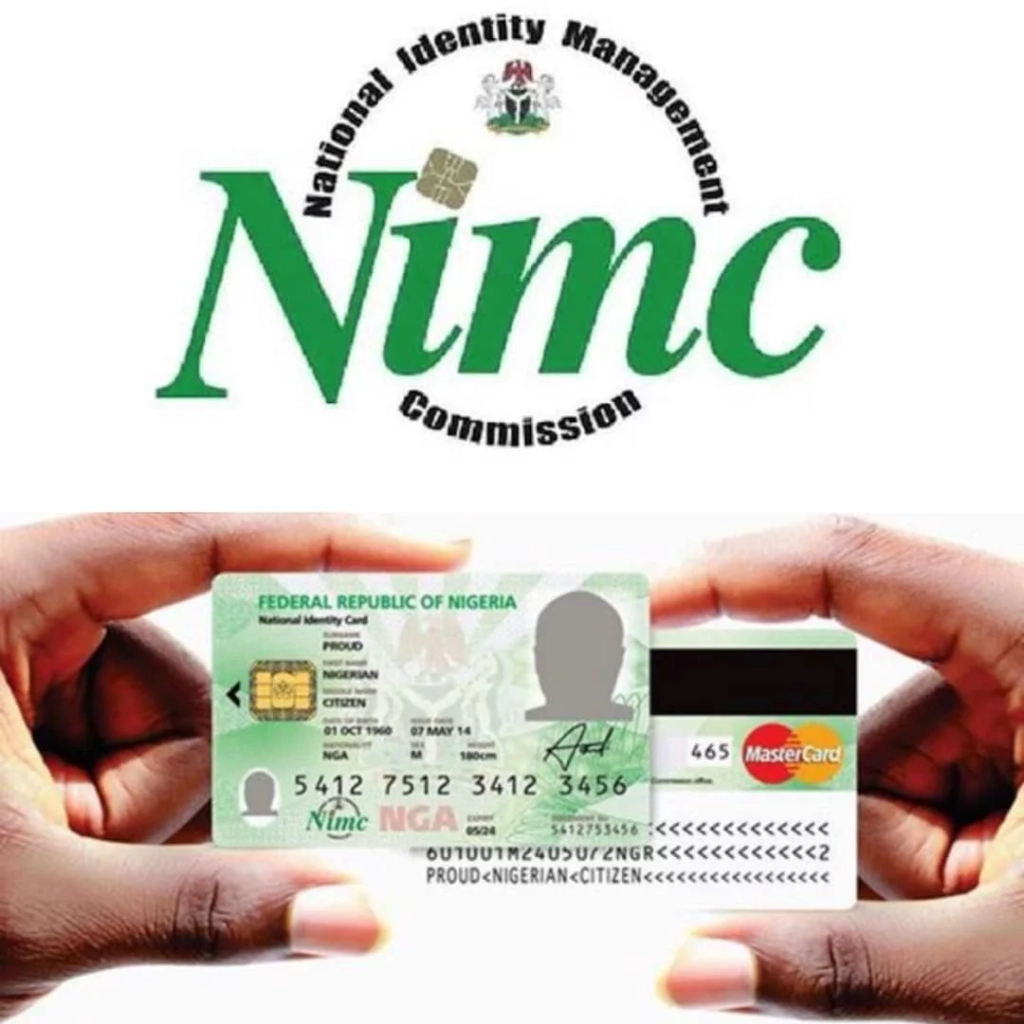Nigerian authorities have issued a stark warning against the illegal trade of personal data, urging citizens to reject offers from individuals purchasing sensitive information, including national identity numbers, for as little as ₦1,500 to ₦2,000 (approximately $1 to $2.50 USD). The National Identity Management Commission (NIMC), the agency overseeing Nigeria’s national ID system, raised the alarm in a public statement amid escalating risks of identity theft and fraud.
Spokesperson Kayode Adegoke confirmed the alert, underscoring that the commission would not assume liability for citizens who compromise their data for financial gain. The advisory follows reports of a surge in scams where primarily young brokers solicit individuals to share personal details, such as their National Identification Number (NIN)—a unique identifier tied to critical services like banking and telecommunications. These details are then resold to financial technology firms for up to ₦5,000 ($6 USD), according to the NIMC.
The commission linked its warning to a recent alert by Nigeria’s Economic and Financial Crimes Commission (EFCC) about fraudulent data practices. “This scheme poses severe security threats and could have devastating repercussions for those whose information is exploited,” the statement emphasized. It reiterated long-standing guidelines prohibiting citizens from disclosing NIN details to unauthorized parties and stressed that institutions must verify the authenticity of NINs before processing requests.
Adegoke urged service providers and individuals to exercise heightened vigilance, noting that breaches often stem from negligence or deliberate compromise. To bolster protections, the NIMC directed the public to its NINAuth mobile application, available on iOS and Android platforms, which enables users to secure and manage access to their identity data. The app aims to reduce exploitation by granting individuals control over who can view or use their information.
With over 100 million Nigerians enrolled in the NIN system, concerns over data security have intensified as digital services expand across the country. Analysts note that weak enforcement of privacy laws and economic pressures driving “data hawking” have exacerbated vulnerabilities. The NIMC’s latest warning reflects broader challenges in balancing digital inclusion with safeguarding sensitive information in a rapidly evolving technological landscape. However, the commission maintained that accountability rests with citizens and institutions to prevent misuse, stating unequivocally: “Protecting your data begins with personal responsibility.”
